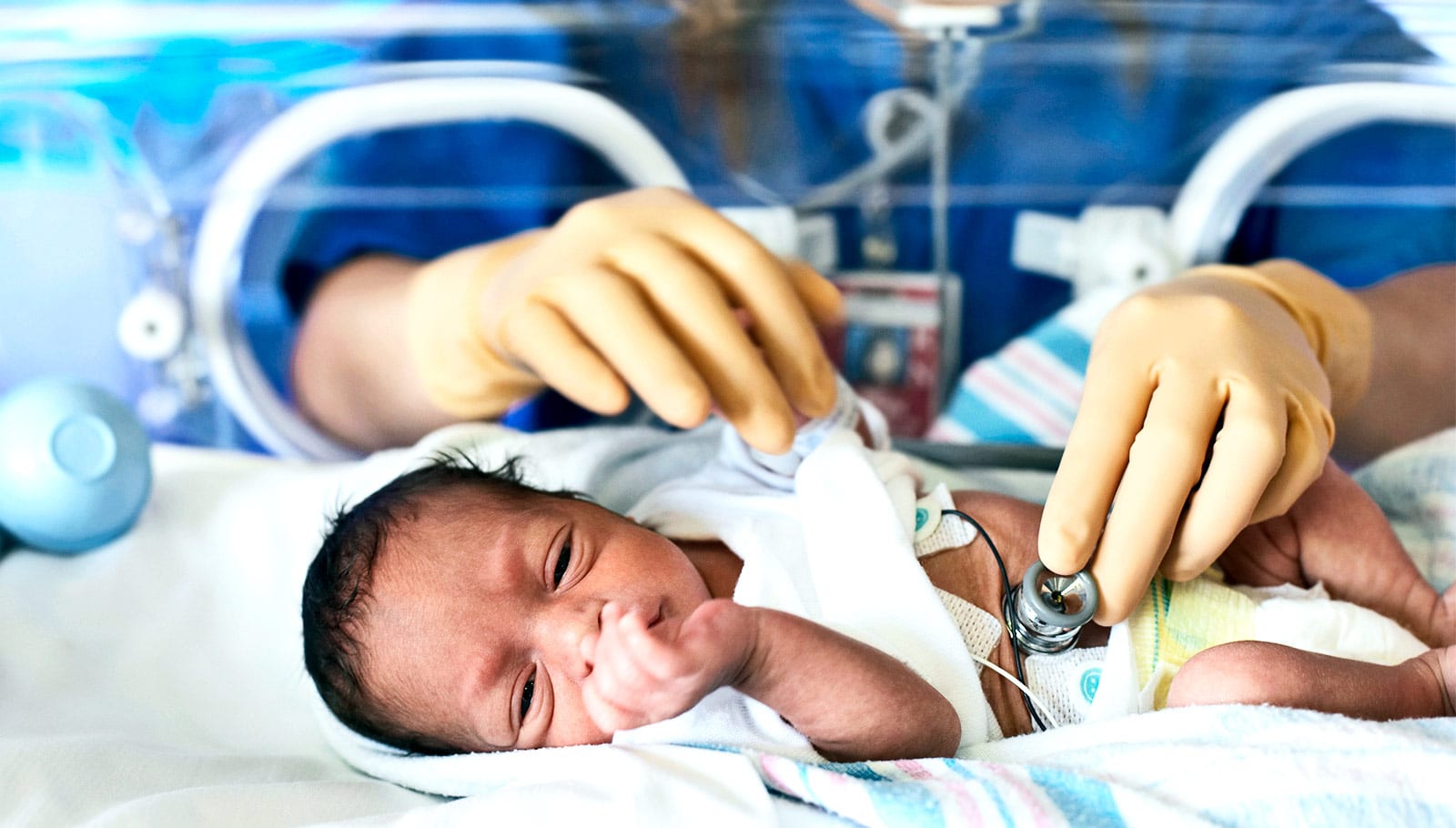Babies whose mothers had received support to breastfeed exclusively for a sustained period from birth have a 54 percent lower risk of eczema at the age of 16, a new study shows.
Eczema causes the skin to become itchy, dry, cracked, sore, and red. It affects around 1 in 5 children and 1 in 10 adults in the developed world.
Eczema affects around 1 in 5 children and 1 in 10 adults in the developed world.
The study examined more than 13,000 Belarussian teenagers enrolled in the PROmotion of Breastfeeding Intervention Trial (PROBIT).
“The WHO recommends between four and six months of exclusive breastfeeding to aid prevention of allergy and associated illnesses. Our findings add further weight to the importance of campaigns like the Baby-Friendly Hospital Initiative (BFHI), which is tackling low rates of breastfeeding globally,” says lead author Carsten Flohr of King’s College London.
The PROBIT study recruited a total of 17,046 mothers and their newborn babies between June 1996 and December 1997. Half of the maternity hospitals and pediatric clinics involved in the study provided additional support based on the recommendations of the WHO and United Nations Children’s Fund’s BFHI, while the other half continued their usual practices.
While the study found that the breastfeeding promotion intervention provided protection against eczema, there was no reduction in risk of asthma with 1.5 percent of the intervention group (108/7,064) reporting asthma symptoms compared with 1.7 percent (110/6,493) in the control group.
PROBIT is “the largest randomized trial ever carried out in the area of human lactation,” says principal investigator of PROBIT Michael Kramer, senior scientist from the Child Health and Human Development Program at the Research Institute of the McGill University Health Centre and a professor in pediatrics at McGill University.
Babies with eczema may have tooth decay later
The researchers report their findings in JAMA Pediatrics.
Additional researchers contributed to the work from King’s College London, Harvard University, the University of Bristol, McGill University, and the Research Institute of the McGill University Health Centre (R-MUHC).
The National Institute for Health Research Biomedical Research Centre at Guy’s and St Thomas’ and King’s College London supported Flohr’s work.
Source: McGill University



